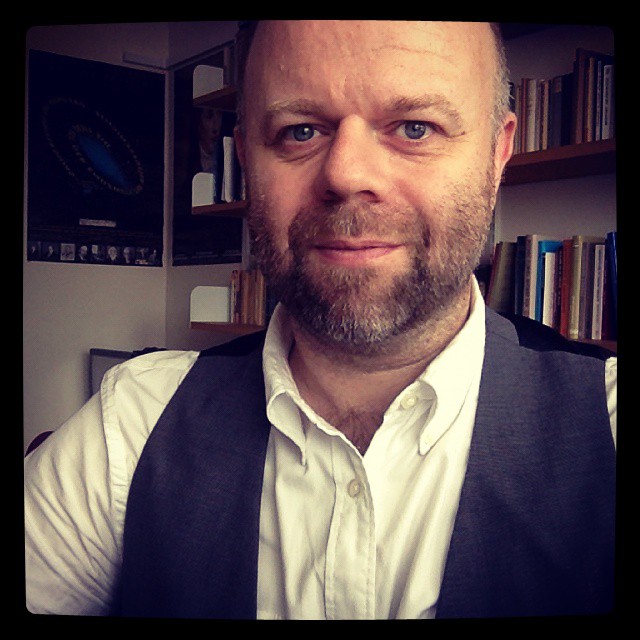The Self and the Others I: Identity, Gender and Ethnicity in German Culture around 1800
| Module Code: GE332 |
|---|
| Module Name: The Self and the Others I: Identity, Gender and Ethnicity in German Culture around 1800 |
| Module Coordinator: Dr James Hodkinson |
| Not running 2024-25 |
| Module Credits: 15 |
Module Description
You will examine the way in which the modern notions of identity we have today, be they gendered or ethnic identities, were forged in the past by intellectual, social, scientific and aesthetic processes and movements ranging from the Enlightenment, through Romanticism and beyond. Moved by the concept of reason, the Enlightenment envisioned ongoing social and cultural progress for all of humanity. Yet feminist, postcolonial and orientalist theories of culture have shown how the criteria for progress were often geared against so-called ‘others’ of reason, which ultimately meant the exclusion of women, non-whites, non-Christians and non-Europeans from that ideal future.
In this module you will examine a range of German-language texts written by men and women. We will treat themes such as Jewish identity, Islam, race and skin colour, slavery, gender and sexuality against the backdrop of a critical study of 'power' and 'hierarchy', Empire and colonialism. We will refer to key texts by writers such as Ute Frevert, Sigrid Weigel, Edward Said and Frantz Fanon.
The culture of the period can be used to illustrate ways in which the gendered and ethnic aspects of human identity were given at times progressive, at times limiting, conservative and even oppressive treatments throughout the period from 1750 to 1830. The more restrictive models of subjectivity, sexuality, gender and ‘race’ we will find in this historical material, as well as the creative challenges put to them by writers of this period, all remain relevant: studying these texts and these ideas deepens our understanding of the historical processes that led to how we understand ourselves and our others today.
Assessment Method:
By coursework essay 90% (1 x 3000-3250 words), and 10% seminar participation.


